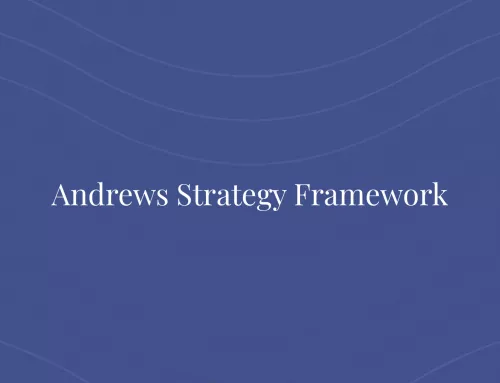In Through the Looking Glass, the sequel to Alice’s Adventures in Wonderland, by Lewis Carrol, Alice, a young girl, gets schooled by the Red Queen in an important life lesson that many of us fail to heed. Alice finds herself running faster and faster but saying in the same place.
Alice never could quite make out, in thinking it over afterwards, how it was that they began: all she remembers is, that they were running hand in hand, and the Queen went so fast that it was all she could do to keep up with her: and still the Queen kept crying ‘Faster! Faster!’ but Alice felt she could not go faster, though she had not breath left to say so.
The most curious part of the thing was, that the trees and the other things round them never changed their places at all: however fast they went, they never seemed to pass anything. ‘I wonder if all the things move along with us?’ thought poor puzzled Alice. And the Queen seemed to guess her thoughts, for she cried, ‘Faster! Don’t try to talk!’
Eventually, the Queen stops running and props Alice up against a tree, telling her to rest.
If you want to get somewhere else, you must run at least twice as fast as that!’
In other words, the Red Queen Principle implies that, we, as consultants and managers, can’t be complacent or we’ll fall behind. To survive another day in the fast-paced knowledge-based industry, we have to run and learn very fast and hard; we need to co-evolve with the systems and environments we interact with. The Red Queen Principle is valid, not only in nature[1], but there are many business examples as well.
Applications in business
In describing the capital investment needed to maintain a relative placement in the textile industry, Warren Buffett writes:
Over the years, we had the option of making large capital expenditures in the textile operation that would have allowed us to somewhat reduce variable costs. Measured by standard return-on-investment tests, in fact, these proposals usually promised greater economic benefits than would have resulted from comparable expenditures in our highly-profitable candy and newspaper businesses.
But the promised benefits from these textile investments were illusory. Many of our competitors, both domestic and foreign, were stepping up to the same kind of expenditures and, once enough companies did so, their reduced costs became the baseline for reduced prices industrywide.
After each round of investment, all the players had more money in the game and returns remained anemic.
In other words, more and more money is needed just to maintain your relative position in the industry and stay in the game. This situation plays out over and over again and brings with it many ripple effects. For example, the company distracted by maintaining a relative position in a poor industry places resources in a position almost assured to get a poor return on capital.
Implications
While it may sound obvious, you have to keep on competing in the market place to win[2]. Firstly, it tells us that you will never win. You may win in the short term, but in the long term you will never win[3]. While Apple almost wiped out many mobile phone makers only a few years ago when it launched its iPhone, many competitors have returned along with others who have products that are superior to Apple’s current product line[4]. Similarly, Google controls the search engine market in many English speaking countries. However, IBM’s Watson is evolving to be a formidable challenger[5].
References
| ↑1 | Leigh Van Valen. (1973). “A new evolutionary law”. Evolutionary Theory 1: 1—30 |
|---|---|
| ↑2 | Tony Davila, The Innovation Strategy Big Companies Should Pursue, Harvard Business review, June 2014 |
| ↑3 | Chan Kim, W. Mauborgne, R. (2005). “Blue Ocean Strategy: How to Create Uncontested Market Space and Make the Competition Irrelevant”. Harvard Business Review Press |
| ↑4 | Adam Morgan (2009) ‘Eating the Big Fish: How Challenger Brands Can Compete Against Brand Leaders’, Second edition, John Wiley & Sons, New Jersey |
| ↑5 | IBM Watson. Google in Jeopardy: What If IBM’s Watson Dethroned the King of Search? |




